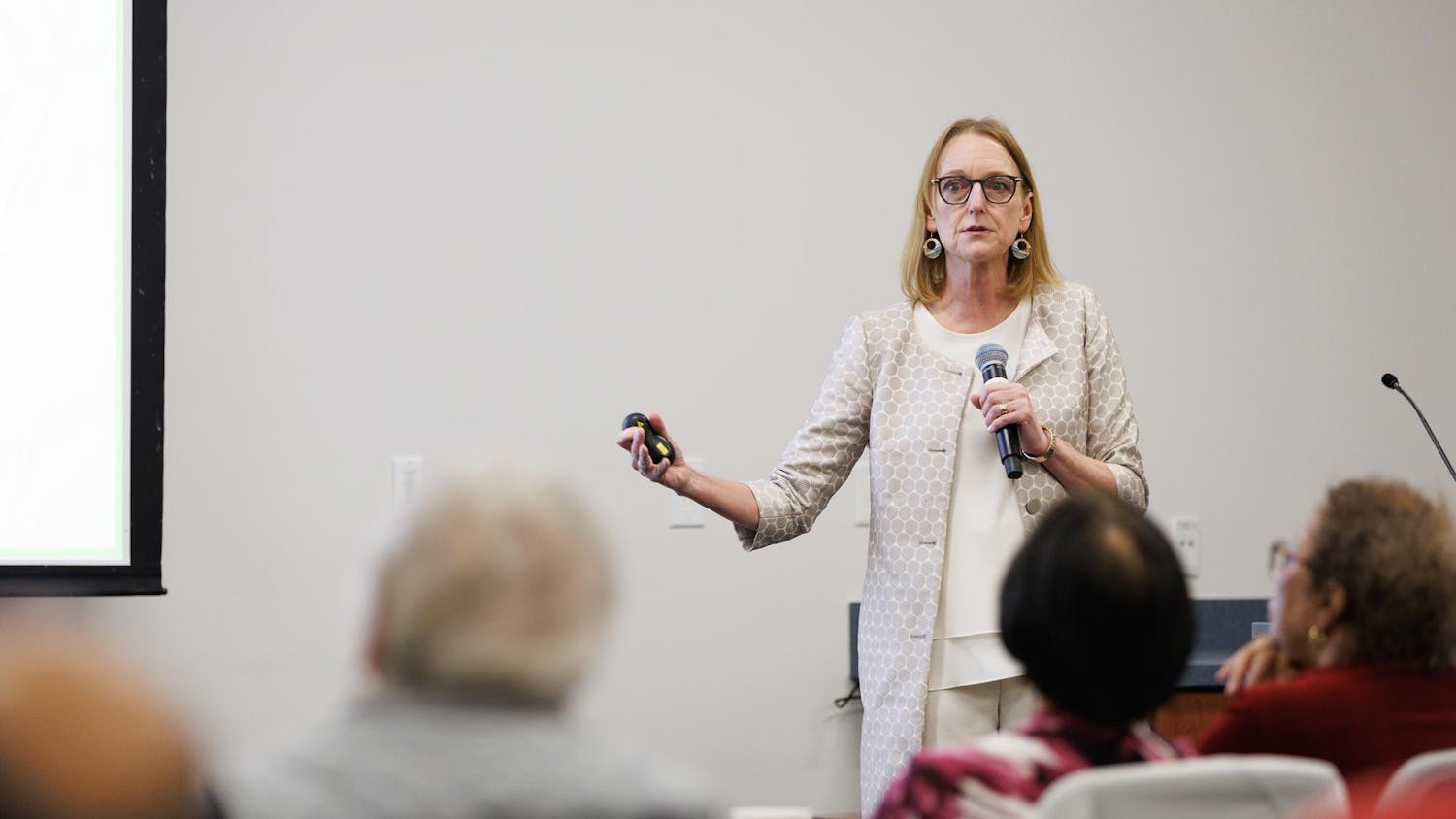Since the ‘90s, it's been a common right-wing practice to have a bake sale intended to demonstrate the inherent unfairness of using race as a factor in college admissions. White men get charged $2 for the brownies or muffins the Republicans baked to prove their point, while other races get charged a sliding scale based on the Republican protesters' perception of the severity of racial bias against different groups.
For instance, women might get discounts of 25 cents, Asians 50 cents, blacks a whole dollar, and Native Americans would get the baked goods for free. Never mind the strange hierarchy of discrimination (or repressed guilt); this doesn't make sense even if you are a pro-market ideologue.
Here's why: A fair market value is how much a willing seller and a willing purchaser will agree to exchange. This is the basis of arm's-length business dealings, and it is ideally how things are priced.
But arm's-length doesn't imply blind, and a smart baker will charge different prices to different people based on their ability to pay. Any white person who has traveled to Africa is familiar with this concept. While living in Tanzania, I frequently attempted to bargain with stall vendors. I had some successes in that I didn't always end up paying the first price offered. But I could never, even as my Swahili improved, get close to the prices that my Tanzanian friends paid. And I noticed that even among my Tanzanian friends, prices weren't equal. Most stall vendors appeared to have a miraculous intuitive grasp of how much money another Tanzanian person had, and rich Tanzanians, though they never paid as much as I did, paid more than their poorer counterparts.
It makes sense from the stall vendor's perspective. If he has sufficient inventory, he should sell all that he can at whatever margin he can and not wait to make a sale at the best price. Yes, you might argue, but someone might undercut him and sell at a lower price to everyone. This would be more efficient, right? And surely rich people should be demanding this, right? Of course this happens.
What does this have to do with affirmative action? To start, college admissions are not essentially an exchange process. If the only thing universities were thinking about in the admissions process was their endowments, they would only admit the richest students because not only is wealth a good predictor of academic success, it is also a good predictor of future wealth.
The problem with viewing universities' admission policies through an exchange lens is that they have values that have nothing to do with exchange. They seek to recreate and improve society, to grow goodwill and to protect their public image, and they often have a have a social agenda that values a diverse learning environment.
To go back to the original metaphor, universities see it as part of their job to make sure that brownies are available to everyone. From a university's perspective, it makes perfect sense to lower barriers for people whose admission will help them further promote these other goals. Seen in this light, you could even say that it was fair.
Furthermore, even if universities used a strict merit approach, not every university would fill their total enrollment, and then, of course, it would make sense to have different standards to fill the remainder of their open spots. But the Supreme Court has made it clear that universities can't have race-based set-asides. The court has taken the view that any government action that is based upon race (as opposed to merely considering race) is precluded by the Constitution.
If this seems like a strange reading of the Fourteenth Amendment's (that's the amendment that made ex-slaves citizens) equal protections clause to you, don't worry; you aren't alone. But, the argument goes, if the school had used a strict approach, someone else would have gotten in and deserved it more. The argument forgets that a university has other values besides numbers and that universities know from experience that the numbers don't always prove merit; they often merely reflect inequalities.
The bottom line is that universities' admissions people should consider race in admissions just like they should consider class, geography and a multitude of other qualities. If they didn't, they wouldn't be doing their jobs.
Lewis Kirvan is a second-year law student at UF.





